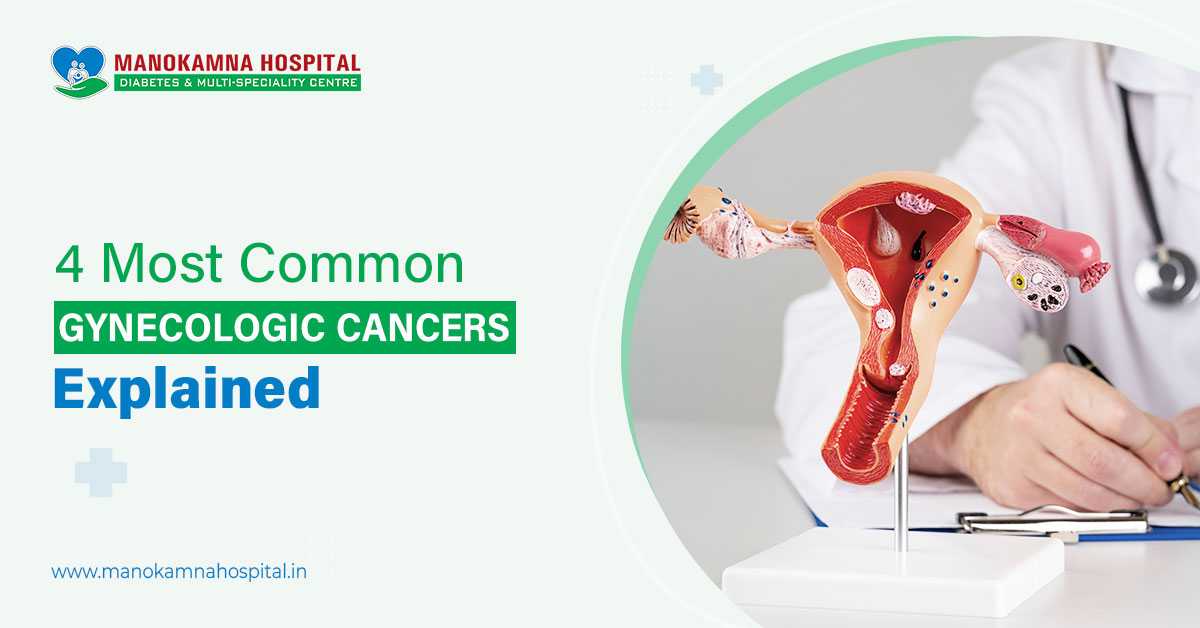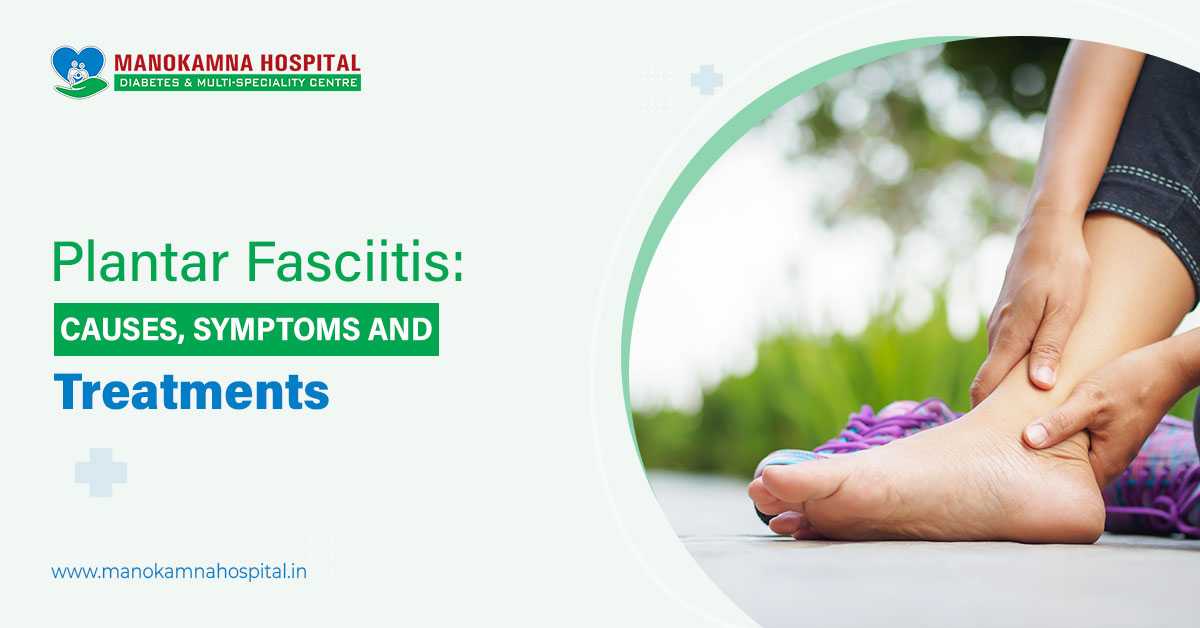Critical illnesses require fast access to expert care for survival. Poorly treated pre-existing health problems like heart disease, chronic kidney disease, or breathing difficulties may result in further complications. Lifestyle modifications to health check-ups keep conditions in check. Get apt guidance from medical experts.
Severe accidents, fallings, burns, or other types of injuries sometimes have nothing to do with prevention. This blog shares health conditions that need immediate critical care. You might reach out to the leading multispecialty hospital in Siliguri for your loved one. CCUs involve 24*7 constant health monitoring and assistance.

Given below are four critical conditions requiring intensive medical support:
#1 Heart Attack
This medical emergency occurs when a blood clot restricts the blood supply to the heart. A part of the heart muscle not getting enough oxygen-rich blood flow results in a heart attack. Coronary artery disease is the most prominent cause of heart attack. Signs here can be cold sweat, shortness of breath, chest discomfort, sudden dizziness, fatigue, discomforts in the arm, back, jaw, teeth, neck, and nausea.
Contributing factors for this medical emergency may include extreme squeezing of a blood vessel, uncontrolled high blood pressure, high cholesterol, diabetes, obesity, unhealthy diet, physical inactivity, emotional stress, family history, tobacco smoking, alcohol/substance misuse, etc.
#2 Stroke
A stroke is another medical emergency caused by an interrupted blood supply to the brain. It may occur if a blood vessel in the brain bursts and bleeds. Lack of oxygen-rich blood supply to the brain cause cells and tissue to die within minutes. Symptoms may vary, however, include trouble speaking, confusion, paralysis, numbness/weakness in the face, leg, and arm, blurry vision, difficulty walking/falling, loss of balance, sudden onset of extreme headache, seizures, vomiting, slurred speech, etc.
Several factors increase the chance of a stroke, such as an unbalanced diet involving a high amount of cholesterol, trans fats, saturated fats, salt, physical inactivity, tobacco consumption, heavy alcohol consumption, previous stroke, diabetes, high blood pressure, blood clotting disorder, high cholesterol, sickle cell disease, obesity, heart valve disease. Talk to the best doctor at the top hospital in Siliguri.
#3 Pneumonia
Pneumonia is an infection inflaming one or both lungs. Signs and symptoms may be mild to severe, including chest pain, shortness of breath, shaking chills, confusion, diarrhea, vomiting, fatigue, and fever. Difficulty breathing, bacteria in the bloodstream, or a pus-filled cavity of the lungs may require energy support for fast recovery.
COPD/chronic obstructive pulmonary disease suppressed immune system due to HIV/AIDS, active smoking, and asthma are some risk factors for pneumonia. This medical condition can be life-threatening without proper health management. Receive medical assistance for better healing of pneumonia.
#4 Sepsis
Sepsis, once called septicaemia, is the body’s overactive response to an infection. This condition may lead to septic shock. Infections of wounds, bloodstream, digestive system, bladder, kidneys, burns, or catheter sites may increase the risk of sepsis. Signs and symptoms of sepsis entail sweaty skin, chills, trouble breathing, intense pain, low blood pressure, confusion, fast heart rate, etc.
Best to seek medical advice and assistance fast. Fast expert help contributes to survival and optimal healing. Diagnosis, constant health monitoring, and treatment at a critical care unit under medical supervision aim to benefit patients' endurance and prevent further complications.




